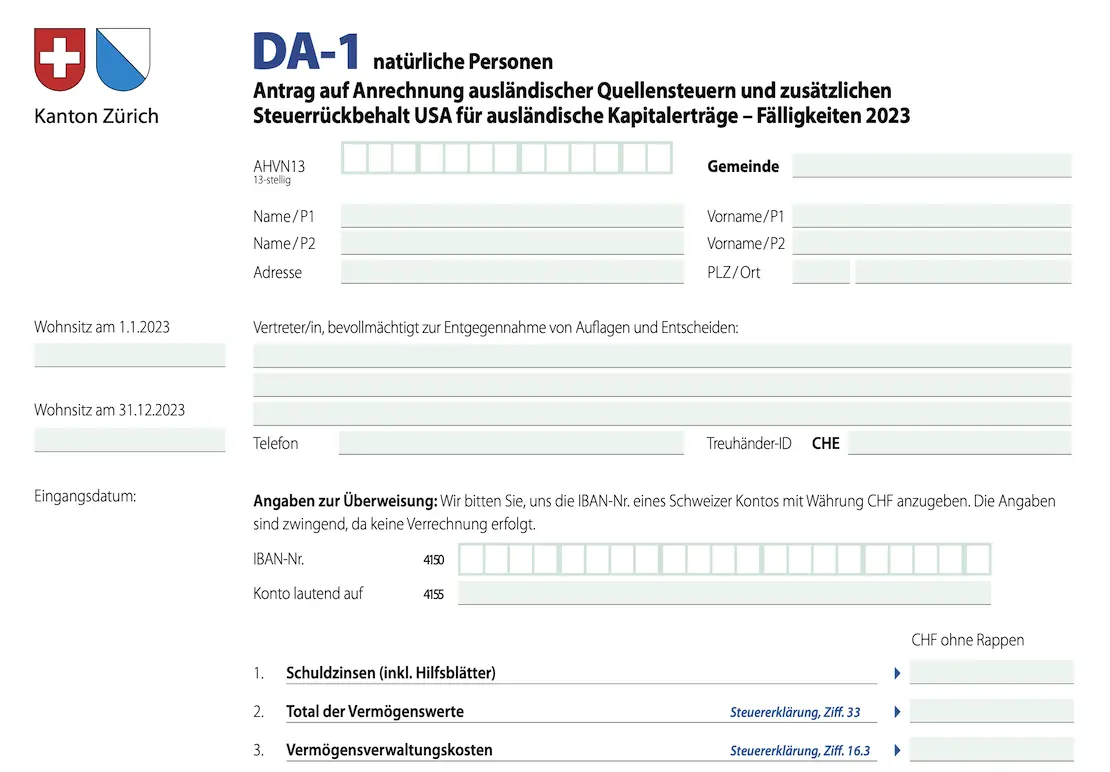I’m playing it smart in the introduction below, but believe me, I wasn’t leading the way in 2013 when I discovered the incredible complexity of the tax subject when you’re an investor.
Stamp duty? Dividends? Swiss withholding tax, what is it? Don’t you know the AFC/ESTV? How can I get my Swiss withholding tax refunded if I own US ETFs? What, a DA-1 form combined with a R-US 164 form, and that’s it? What do you mean I’m an nonresident alien?!"
It’s only by reading other blogs and forums, and experimenting with my own cash that I’ve been able to put (almost) all the pieces of the puzzle together. I say “almost” because I’m sure I don’t know all the subtleties yet, and this complete Swiss tax guide will be regularly updated with my new discoveries.
After realizing that you had another choice than working until your 65th birthday to reach retirement in Switzerland, you finally decided to embark on the FIRE (Financial Independence, Retire Early) adventure in Switzerland.
You have made a budget (via YNAB or any other method). Then you drastically cut back on all your unnecessary expenses. And you made sure you made as much money as possible from your salary or other side activities and odd jobs.
As a good Mustachian, you know that you have to invest your money to make it work for you, in order to live off the returns when you are FIRE. So you opened your brokerage account at Interactive Brokers.
Then came the fateful moment when, after transferring your hard-earned CHF from your Swiss frugal bank, you had to go out and buy your first ETF.
And there, big blockage.
In your brain:
It’s getting serious now. And, in fact, I’ve just realized that I’m probably going to have to pay extra taxes. Oulala, me who hates it, it seems more complicated than I thought. Especially now that I remember that MP had talked to me in a previous article about forms with complex names like DA-1 or R-US 164… Nah, actually, I’m not going to invest myself. I’ll have to find another solution that’s easier fiscally speaking.
And in my brain:
Noooooooo! Don’t stop there! It’s not that complicated, you’ll see! With a few simplified explanations without any jargon from me, you can invest in Switzerland without having done a Master in International Taxation to declare your taxes next year. I swear.
I add a little bit of drama for the story telling, but it’s the plethora of email exchanges of this type that pushed me to write this little tax guide for the Swiss investor. After that, you’ll have no reason not to start investing.
Also, the other important reason to know more about Swiss taxation is because taxes can eat up a good part of your returns if you don’t optimize them. This is indeed one of the biggest expenses for you as an investor.
The 4 types of taxes of the Swiss investor
When you invest from Switzerland, you will encounter four types of taxes. The first three are fairly simple, and the fourth has more subtleties (which we will dissect together without jargon, no worries).
Ready to go? Then here are the chapters:
Chapter 1: The Swiss stamp duty
This is the first Swiss investor tax, which you can (legally!) bypass.
Chapter 2: Swiss taxes on capital gains
This is the second Swiss tax that makes any Swiss investor grateful to our tax system!
Chapter 3: Swiss taxes on the dividends received
Switzerland is generous fiscally speaking, as we saw in the previous chapter, but the State must receive cash at some point. And this is the case with dividends.
Chapter 4 — Part 1: Withholding taxes on dividends received, the theory as a Swiss investor
Withholding taxes are easy to understand on paper, at least for your Swiss securities. On the other hand, it starts to become more complex as soon as you talk about foreign securities (US, Irish, Japanese, or others). But with my usual dose of “de-lingo-ing”, it will be a piece of cake!
Chapter 4 — Part 2: Withholding taxes on dividends received, concrete examples
There is nothing like concrete examples to make sure that a complex concept is well understood.
FAQ (what to choose between VT or VWRL for tax purposes? and above all, why!?)
I list here the questions that every Swiss investor has regarding taxes on his investments.
Summary of the Swiss tax guide for investors in ETFs and shares
And because it helps, here are all the above chapters summarized in one place.
Two bonus chapters
There are two questions that come up very often when I talk about taxes as a Swiss investor. I have covered these latter in the following bonus chapters:
Bonus chapter 1 — What about US estate tax if I own US securities (ETFs, shares, etc.)?
I limited myself (wrongly) for several years to a maximum of CHF 60'000 of my favorite VT ETF, due to an uncertainty of how my family would be taxed on my US ETFs in case of death. The subject is now clarified with this article!
Bonus chapter 2 — How to fill out my Swiss tax return with my ETFs and shares
This subject was a big block for me before I started investing. Then I started. And, step by step, I realized that it was feasible to fill out your Swiss tax return yourself, even when you invest your money. And so I documented this in this dedicated article :)
So much for the program!
Let’s go through each chapter one by one with a good cup of tea or coffee, quietly settled into your couch.

